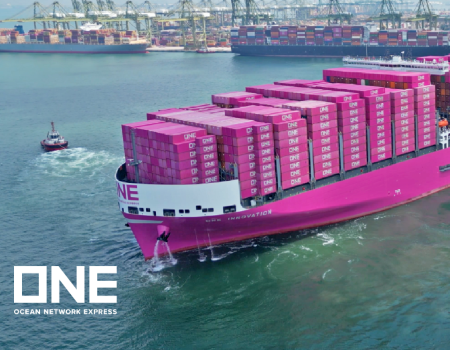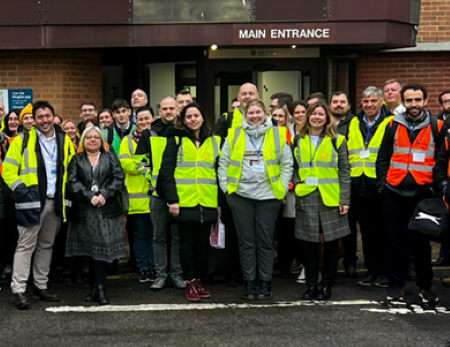Bolero has confirmed that Cargill, one of the world’s largest privately-owned businesses, is to accelerate its transition from paper documents to ePresentation using Bolero’s cloud-based technology platform.
Cargill has 143,000 employees and works in 67 countries, serving thousands of customers across its four major market sectors. Working with a network of corporates, banks, insurers and logistics service providers, it intends to use the technology to securely exchange electronic trade documents.
“Cargill continues to look for new and innovative ways to improve its processes and trading capabilities across the entire business,” said Alan Adamson, a General Manager within Cargill’s Agricultural Supply Chain Platform and Project Lead. “The transition from paper to electronic bills of lading and supporting documentation using solutions provided by Bolero is an important project. We will continue to roll it out in order to better support our physical trading activity. Bolero gives us a second industry leader with which we can partner as we move in the direction of electronic shipping documents.”
For the importer, key benefits of the Bolero solution include increased operational efficiency, greater visibility and an opportunity to re-use the technology in their own sale/export function. Electronic Bills of Lading and other electronic documents are also more secure than their paper equivalent, providing protection and risk reduction. Crucially, the speed of electronic documents reduces the likelihood of goods having to be discharged prior to surrender of the Bill of Lading, thereby reducing the need for Letters of Indemnity.
Ian Kerr, CEO, Bolero, added: “We are delighted that Cargill has trusted Bolero’s market-leading ePresentation solution to process its trade transactions. In continuing its journey towards paperless trade, it has the opportunity to realise both short and long-term benefits, including increased efficiency, visibility, control and compliance across central and regional trade operations.”







